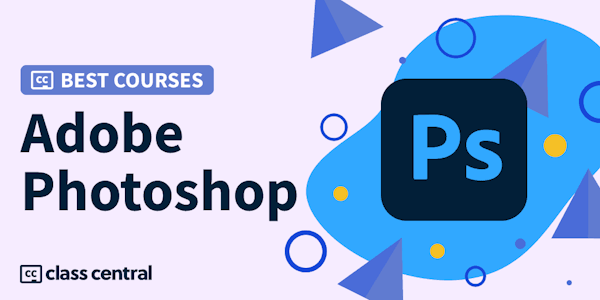In this class we will be going through the process of digitising your watercolour artwork from start to finish. Digitising your watercolour artwork allows you to reproduce it and turn it into prints, stationery, invitations, greeting cards or stickers, or use it in a digital format. There are so many options!
There are so many ways that you can digitise your artwork in Photoshop and it can be very confusing. With all of the different ways, there is really is no exact method that you should take every time and it really depends on your image which method you should take. So this lesson will give you an overview of all of my favourite tools to help you decide which method will work best for your artwork.
The class includes:
- THINGS TO CONSIDER WHEN PRODUCING YOUR ARTWORK: We will start by looking at things you may wish to consider when producing your artwork which could make it easier for you to edit later on.
- SCANNER VS CAMERA: We will look at how to scan your image to get the best results and compare this with taking a photo on your camera.
- PHOTOSHOP BASICS: Now it's time to open up Photoshop and I have included a lesson on the basics of Photoshop which covers the workspace and some useful tips and shortcuts for beginners.
- COLOUR ADJUSTMENTS: We will then look at how to adjust our image so that we are happy with the colours and brightness.
- SELECTION & REMOVAL: We will then move on to looking at options for selecting our artwork and removing our background. This is a big section where we will start off by looking at the difference between destructive and non-destructive editing which I think is important to be aware of. We will look at how to use the 3 eraser tools which is a destructive way of editing. I will then give you an introduction into masks which is a non-destructive way of editing and how we will work for the rest of the class. Then we will cover some of the most useful selection tools - the Quick Selection Tool, the Magic Wand Tool, the Select Subject option, the Lasso tools, and the Marquee tools. I will then show you how to turn these selections into a mask and how to refine our selection and neaten up the edges.
- REFINING IMAGE: Once we are happy with how to make our selection, we will move onto tools that will allow us to refine our image by fixing any blemishes or allowing us to add or adjust details. The tools we will cover in this section include the Spot Healing Tool, the Clone Stamp Tool, the Eye Dropper Tool & Brush, and the Adjustment Layer Masks.
- SAVING: We will then cover how to save your artwork for different uses.
- EXAMPLES: Once we have gone over how all of the tools work I will take you through some examples from start to finish. I have chosen 5 pieces of artwork that we have painted in my Skillshare classes so far, to use as examples to show you how I digitise these. These are all different and require different methods to achieve the best results. We will look at the leaf, the wreath, the pinecone, the toadstool and the snow globe.
Phew! This class is absolutely packed full of useful information for you – it is basically the class that I wish I had access to when I was starting out, so I really hope you will find it useful. If you have any questions about any stage of the class, you can just drop me a message in the discussion board! Ok, lets get started!



